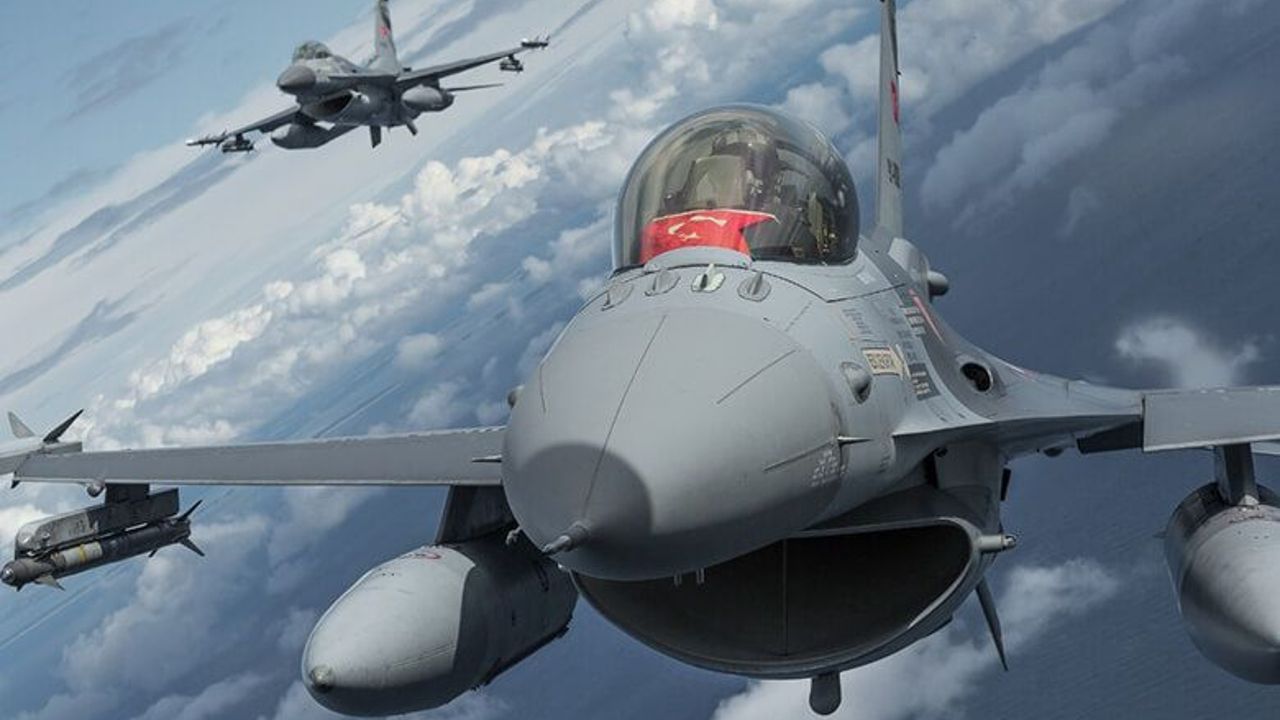US Senate opposes Türkiye's F-16 deal amid approval progress
Türkiye's $23 billion F-16 deal with the U.S. hits a snag in the Senate, sparking debate over NATO's military strengthening

The proposed sale of F-16 fighter jets to Türkiye, a significant move in strengthening NATO's defense capabilities, has encountered opposition in the U.S. Senate.
Sen. Rand Paul has prepared a bill to block the sale, which requires approval from both the U.S. House of Representatives and the Senate. If unopposed, the deal is expected to receive Congressional approval by Feb. 10.
The U.S. Department of Defense announced the potential $23 billion sale on Jan. 26, 2024, including 40 F-16 Block 70 aircraft, 79 modernization kits and various equipment. The F-16 Block 70, an advanced version, promises enhanced capabilities for the Turkish Air Force. The package comprises 48 F-110 Turbofan engines, 149 AN/APG-83 AESA Radars and numerous missile systems, including 952 AMRAAM AIM-120C-8 air-to-air missiles.
Türkiye's request includes 40 new F-16 Block 70 jets – 32 single-seat and 8 two-seat models – along with modernization kits for 79 existing aircraft. The order list also features 858 guided missile launchers, 44 M61 Vulcan cannons and multiple electronic warfare systems, highlighting a significant upgrade to Türkiye's air defense.
The U.S. State Department's formal approval and the subsequent notice to Congress follow Türkiye's support for Sweden's NATO membership. Sen. Ben Cardin, the Senate Foreign Relations Committee chairman and House Foreign Affairs Committee Chairman Michael McCaul have expressed support for the sale.
The U.S. Congress has a 15-day window to review and potentially object to the deal, a period reserved for NATO member states.
Source: Newsroom






